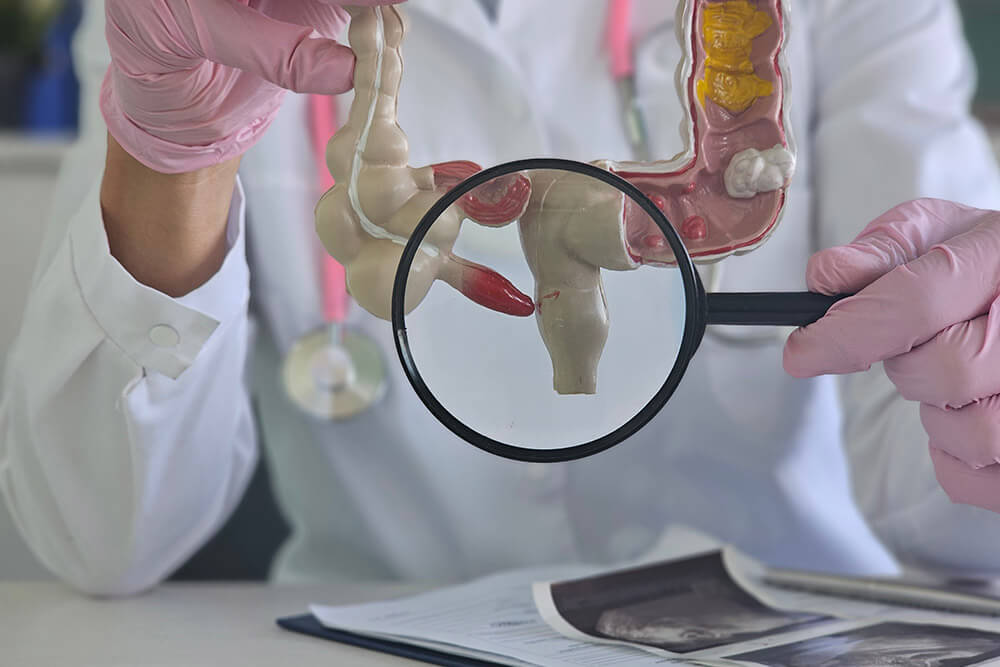Expert Treatment for Pancreatitis by Dr. Bharat Pothuri
Dr. Pothuri uses a step-by-step approach:
Medical History and Exam
He reviews your pattern of epigastric pain-onset, severity, duration-and asks about alcohol use, medications, family history of pancreatitis or gallstones. A focused abdominal exam checks for tenderness, guarding, or signs of complications.
Blood Tests
We measure serum amylase and lipase to confirm pancreatic inflammation. Liver function tests, triglyceride and calcium levels help identify underlying causes. A complete blood count and metabolic panel assess overall health and detect infection or dehydration.
Imaging Studies
- Abdominal ultrasound looks for gallstones, bile duct dilation, and fluid collections.
- Contrast-enhanced CT scan provides detailed images of pancreatic swelling, necrosis, or fluid pockets.
- MRI/MRCP offers high-resolution views of the pancreaticobiliary ducts without radiation.
Endoscopic Evaluation (if needed)
If initial tests are inconclusive or if therapeutic intervention is planned, Dr. Pothuri may perform an endoscopic ultrasound (EUS) to detect small stones or masses, or an ERCP to both diagnose and clear ductal blockages.

Frequently Asked Questions
What is the ICD-10 code for chronic pancreatitis?
It's K86.1, which refers to long-term inflammation of the pancreas.
How do I know if my pancreatitis is serious?
Seek emergency care if you experience severe abdominal pain, high fever, persistent vomiting, or signs of dehydration.
Can pancreatitis cause diabetes?
Yes. Chronic damage to the pancreas can impair insulin production and lead to diabetes.
Do I always need surgery for pancreatitis?
No. Many patients improve with dietary changes, medications, and endoscopic procedures without open surgery.
How long does recovery from pancreatitis take?
Mild acute attacks often resolve within a few days. Severe or chronic cases can take weeks or longer, depending on complications.
Can I drink alcohol again after pancreatitis?
No. Even small amounts of alcohol can trigger another attack and worsen long-term outcomes.












